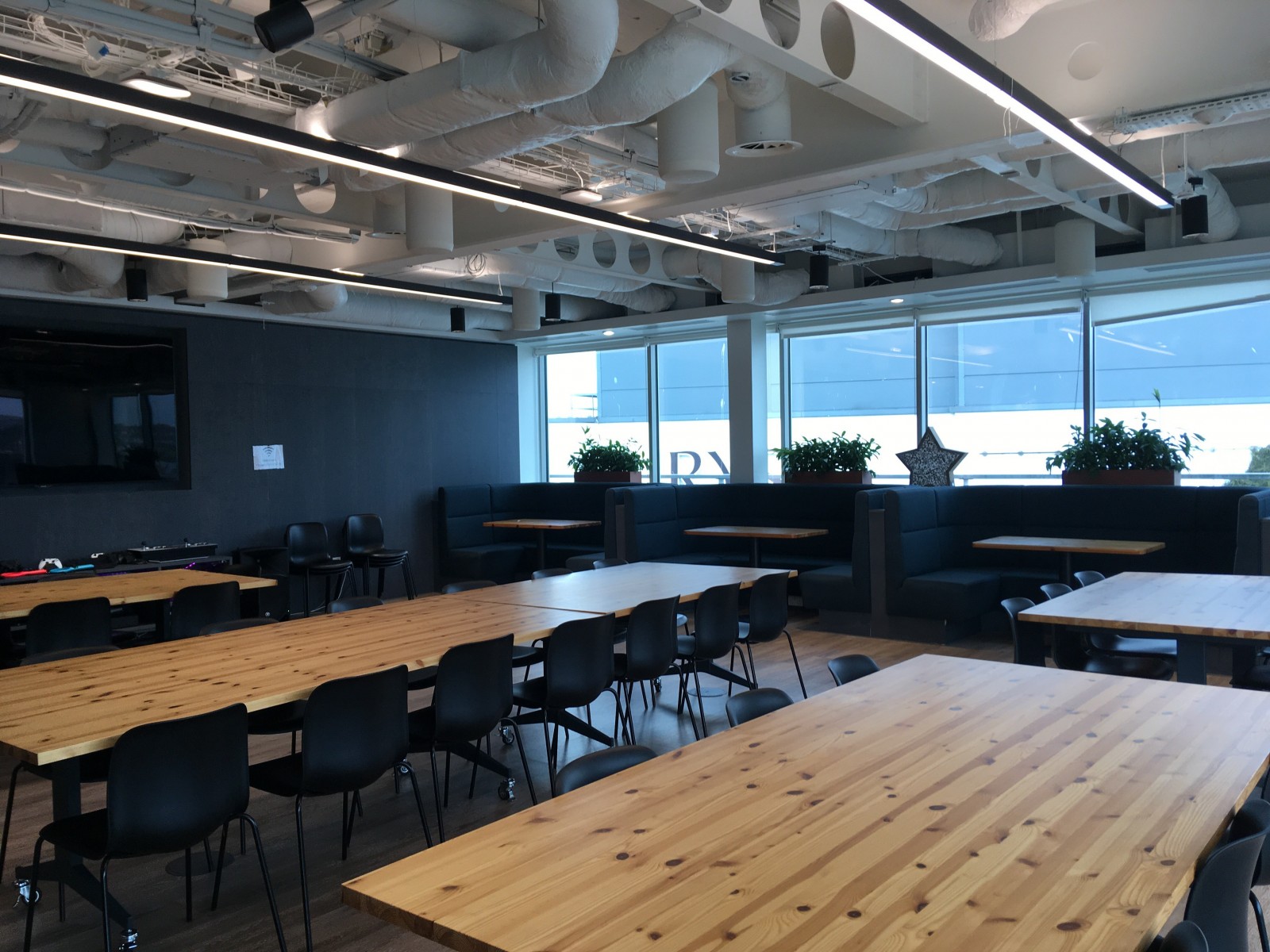Southampton tech sector still buoyant
lobal real estate advisor CBRE has published, ‘Tech Cities’, which ranks the top UK tech locations. Following CBRE’s inaugural study, ‘Creative Regions’ study launched in 2017, the report provides a fresh update of the CBRE top 25 UK destinations beyond London for tech businesses. By applying the same methodology as the original ranking, various shifts have been identified in the top UK cities’ creative and tech profiles over the last two years.

Southampton is the second strongest South East tech sector destination and also features strongly in the UK overall, in 14th position.
The city has much to offer. It is well situated, widely viewed as the regional centre for central southern England. Its proximity to the coast and countryside make it an attractive place to both live and work. There is a critical mass of talent, high concentration of millennials in the local population, and proximity to two major universities which together produce around 6,500 graduates each year and are engaged in world class research.
Southampton is well positioned to accommodate growth from the creative and tech sector if it can draw upon and build on its strengths and the businesses already in place. One such example of this is the recent announcement by digital bank Starling Bank that it’s second office will open in Southampton this summer, employing 150 staff. In Brighton, game developer Unity has taken 36,000 sq ft at The Brinell Building, due for completion this summer, as the business continues to expand its UK operations.
Top 25 CBRE UK Tech Cities
City | Ranking | Score |
Manchester | 1 | 75.4 |
Glasgow | 2 | 62.9 |
Edinburgh | 3 | 62.3 |
Birmingham | 4 | 62.0 |
Reading | 5 | 60.2 |
Leeds | 6 | 60.0 |
Cardiff | 7 | 59.9 |
Oxford | 8 | 59.4 |
Belfast | Joint 9th | 59.1 |
Nottingham | Joint 9th | 59.1 |
Bristol | 11th | 57.9 |
Cambridge | 12th | 56.7 |
Newcastle | 13th | 55.2 |
Southampton | 14th | 55.0 |
Coventry | 15th | 54.3 |
Sheffield | 16th | 54.1 |
Brighton | 17th | 53.4 |
Liverpool | 18th | 52.4 |
Leicester | 19th | 52.0 |
Milton Keynes | Joint 20th | 48.9 |
Swansea | Joint 20th | 48.9 |
Portsmouth | 22nd | 48.2 |
Bracknell | 23rd | 47.2 |
Derby | 24th | 46.4 |
Bradford | 25th | 45.8 |
All markets analysed were scored and ranked according to a wide range of locational pull factors for tech businesses, such as level of education, concentrations of tech businesses and employment, cost of living, cost of office space and wage levels.
It is not only the largest office markets that make it into the CBRE top 25. Smaller locations such as Reading, Oxford, Cambridge, Southampton, Brighton and Bracknell also feature, based on their concentrations of tech employment, tech businesses and high education levels.

Creative industries are more important to the UK than ever. From tech to media and telecoms, the sector has flourished since the end of the financial crisis and grown at a rate that cannot be ignored.
“Led by London, UK towns and cities are a prominent force in the European technology ecosystem, from an employment, leasing and talent perspective. The CBRE top 25 UK destinations (beyond London) identified in our ‘Tech Cities’ report all possess a fusion of the key ingredients required by this sector. As UK cities look to the future, they will need to continue to evolve to offer the right mix of incentives to attract the talent required to lead creative and tech industries in the future.”

Evidence shows that, beyond London, a number of regional centres also contain a critical mass of talent necessary to compete successfully in this sector. There are many other tempting reasons to draw creative industries businesses to the UK regions such as attractive quality of life and favourable cost of living. Indeed, given the growing cost of higher education, and the cost of living in the capital, the large regional centres are increasingly proving a compelling proposition for graduates and employers alike.


